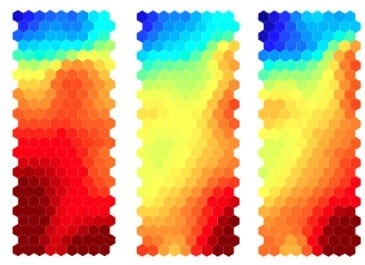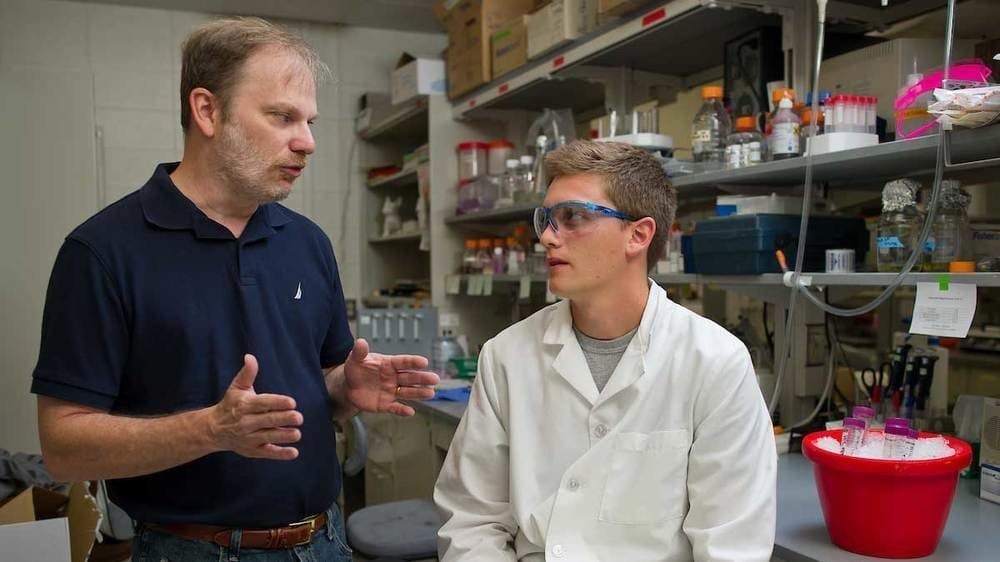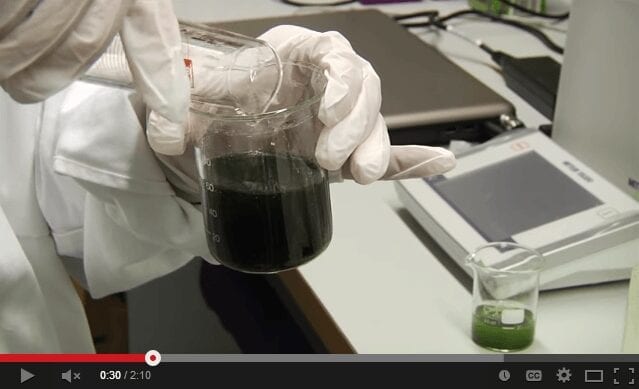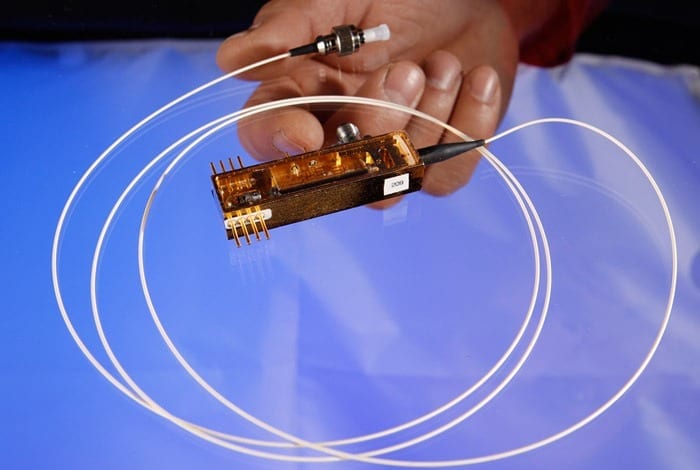
Dr Bronwen Burton
Scientists have made an important breakthrough in the fight against debilitating autoimmune diseases such as multiple sclerosis by revealing how to stop cells attacking healthy body tissue.
Rather than the body’s immune system destroying its own tissue by mistake, researchers at the University of Bristol have discovered how cells convert from being aggressive to actually protecting against disease.
The study, funded by the Wellcome Trust, is published today [03 September] in Nature Communications.
It’s hoped this latest insight will lead to the widespread use of antigen-specific immunotherapy as a treatment for many autoimmune disorders, including multiple sclerosis (MS), type 1 diabetes, Graves’ disease and systemic lupus erythematosus (SLE).
MS alone affects around 100,000 people in the UK and 2.5 million people worldwide.
Scientists were able to selectively target the cells that cause autoimmune disease by dampening down their aggression against the body’s own tissues while converting them into cells capable of protecting against disease.
The Latest on: Antigen-specific immunotherapy
[google_news title=”” keyword=”Antigen-specific immunotherapy” num_posts=”10″ blurb_length=”0″ show_thumb=”left”]
via Google News
The Latest on: Antigen-specific immunotherapy
- NexImmune, Inc. (NEXI)on April 30, 2024 at 9:00 am
Inc. a biotechnology company developing a novel approach to immunotherapy designed to orchestrate a targeted immune response by directing the function of antigen-specific T cells in oncology ...
- The Role of Spatial Biology in Immunotherapy and Cancer Treatmenton April 26, 2024 at 10:46 am
Dr. Arutha Kulasinghe, discusses the transformative role of spatial biology in immunotherapy and cancer research in an exclusive interview for ONCOLife.
- Immunotherapy and hay feveron April 25, 2024 at 5:00 pm
The process of immunotherapy trains the body to "avoid its overreaction" to a specific allergen, said Healthnews, and instead build a "tolerance" to it. That usually begins with a three- to six ...
- Cellectis gets grant for chimeric antigen receptor (CAR) for CD123-positive cancer treatmenton April 24, 2024 at 6:06 am
Unlock the potential of engineered T cells with Cellectis SA's patented method for targeting CD123-expressing cells in lymphomas and leukemia. Learn how this innovative approach enhances immune cell ...
- CAR T cell therapy targeting HER2 antigen shows promise against advanced sarcoma in phase I trialon April 23, 2024 at 5:00 pm
Researchers have published results of a phase I clinical trial of a novel immunotherapy for high-risk sarcomas.
- Engineered Peptides Open New Avenue for Immunotherapyon April 22, 2024 at 2:24 am
The immune system is built to identify and eliminate diseased cells, but cancer cells often avoid detection. Researchers have designed a new method for developing immunotherapy drugs using engineered ...
- Study opens new avenue for immunotherapy drug developmenton April 20, 2024 at 12:47 pm
Researchers have designed a new method for developing immunotherapy drugs using engineered peptides to elicit a natural immune response inside the body.
- Study opens new avenue for immunotherapy drug developmenton April 19, 2024 at 2:05 am
The goal of immunotherapy is to bolster the body’s natural ability to identify and destroy cancer cells. Current immune checkpoint inhibitors are antibodies designed to block specific immune ...
- Antigen-specific Immunotherapy for Type 1 Diabetes: Maximizing the Potentialon April 15, 2024 at 5:00 pm
The most appealing element to this approach, termed antigen-specific immunotherapy (ASI), has been that it not only provides an effective means of controlling the autoimmune response via induction ...
- Diamyd Medical reaches recruitment milestone in Phase III T1D trialon April 15, 2024 at 9:50 am
Diamyd Medical has reported that its Phase III DIAGNODE-3 clinical trial of antigen-specific immunotherapy, Diamyd, in T1D patients reached a recruitment milestone, enrolling 100 patients.
via Bing News










